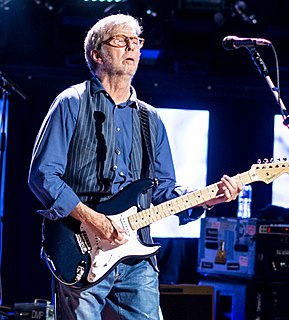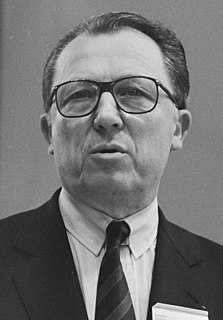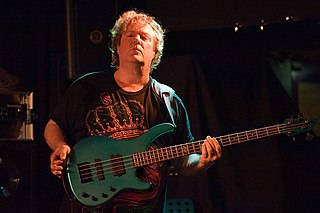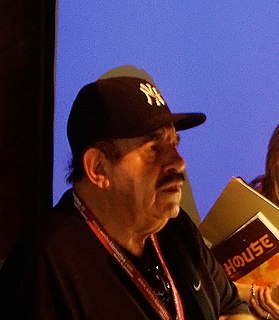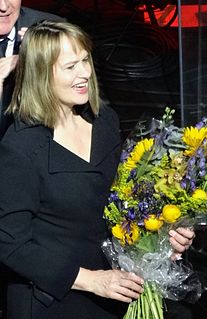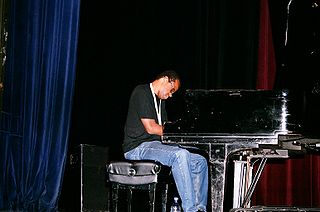A Quote by Kamasi Washington
My dad was really into avant garde jazz: Archie Shepp, John Coltrane and Pharoah Sanders.
Related Quotes
My dad's also a musician, so jazz was always around the house. When I was 11, I developed an interest in it, and he took me to Leimert Park. At that time, it was the artistic hub of L.A., and it was right in South Central. The first concert I went to, I saw Pharoah Sanders at the World Stage club there, which only holds, like, 30 people.
The avant-garde has always existed throughout the history of mankind. The good things from the avant-garde last and eventually, after many years, become tradition and people forget they were ever part of the avant-garde. The kitchen is a living discipline, always evolving, and there will always be cutting edge things that over the years, ends up being part of tradition.
More than one branch of the avant-garde, claiming to break with the bourgeois vision and mode of production, remains tied to it in spite of its denials and ex-communications. We are far from having overcome bourgeois thought or practices, despite the socialist "intermission" between the Russian revolution and the collapse of the Berlin wall. The avant-garde has lost its radical nature. On the other hand, "bourgeois theatre" is sometimes subtle enough to flirt with the avant-garde or to make "intelligent boulevard theatre.

